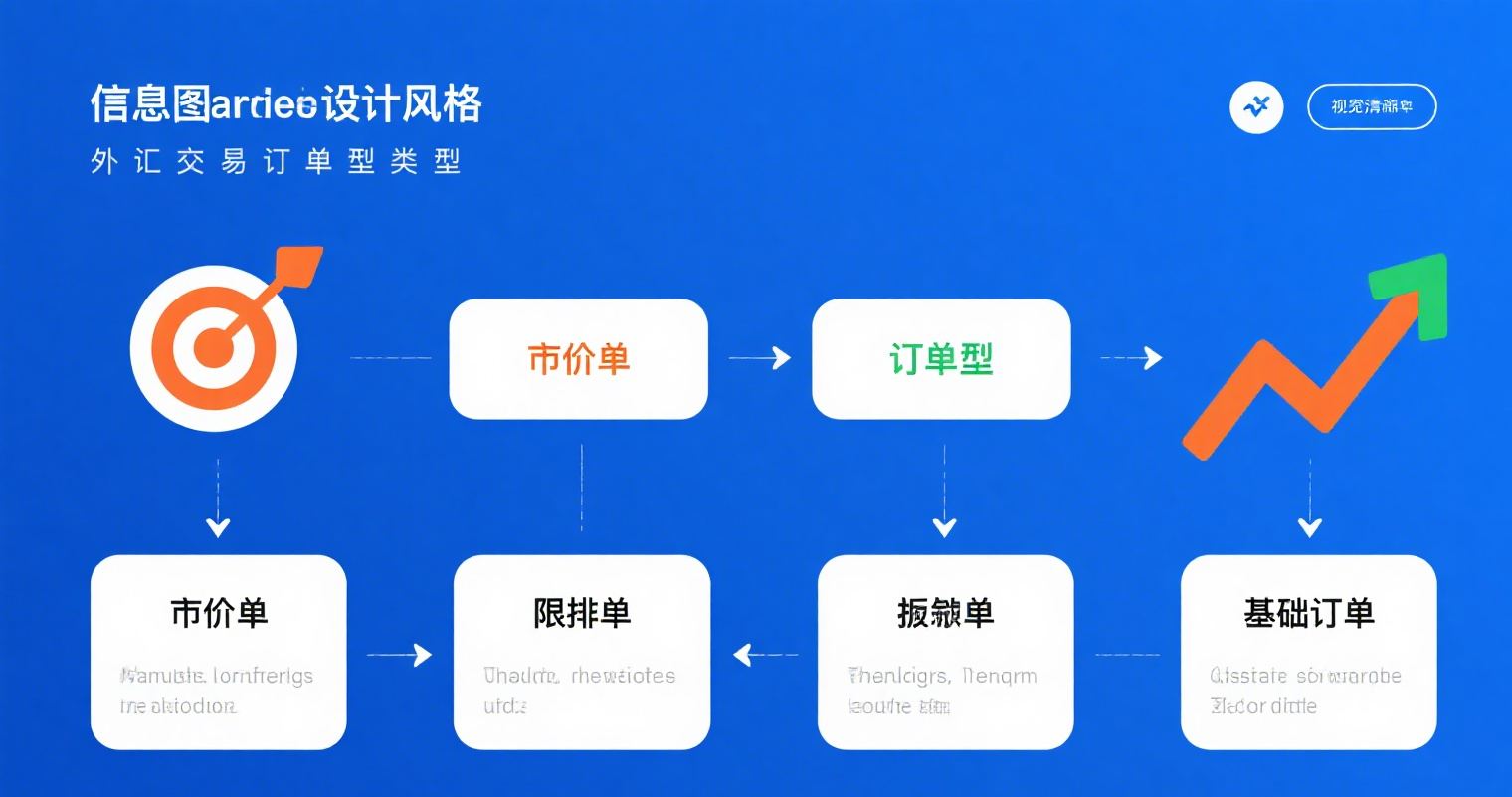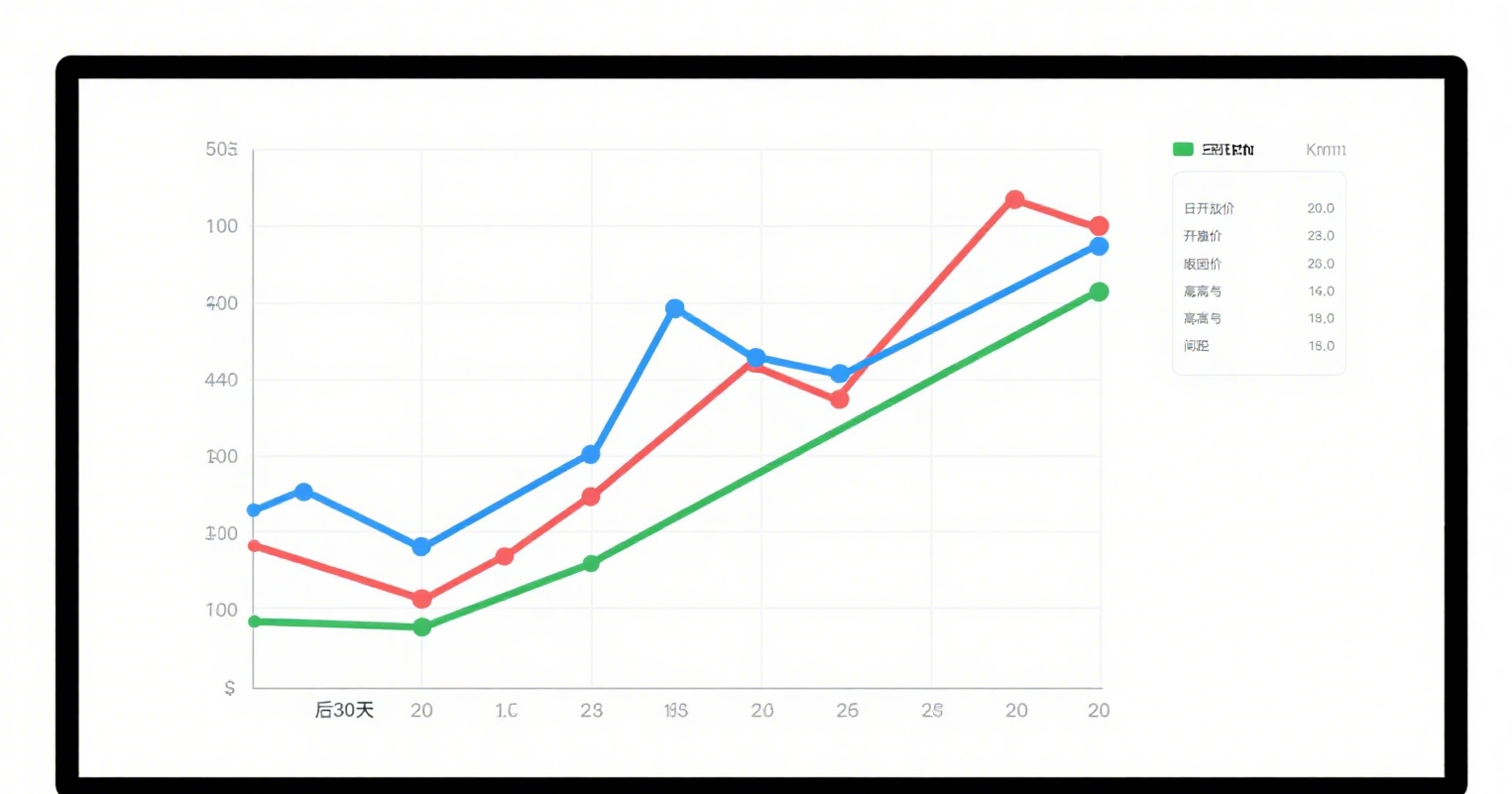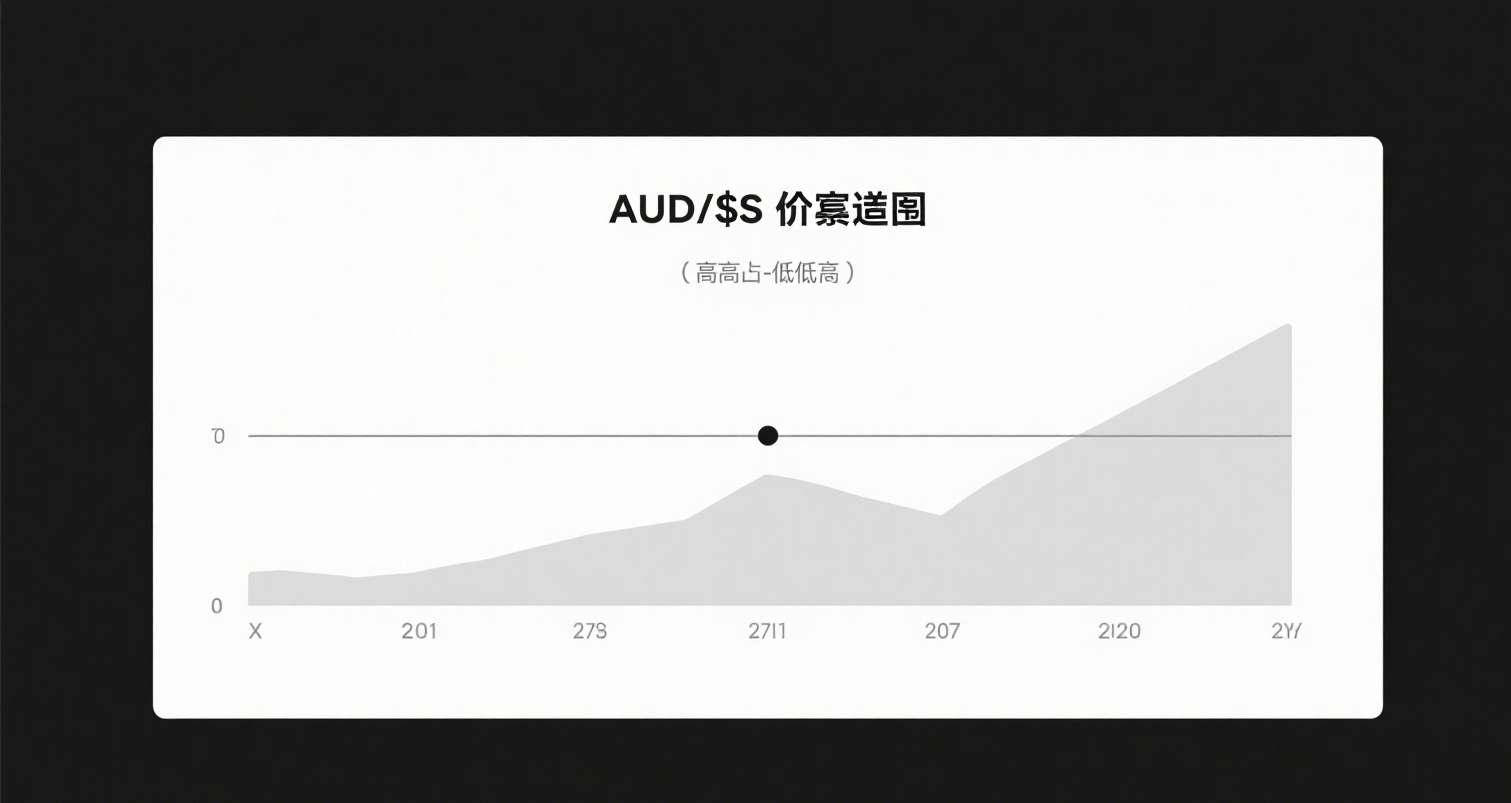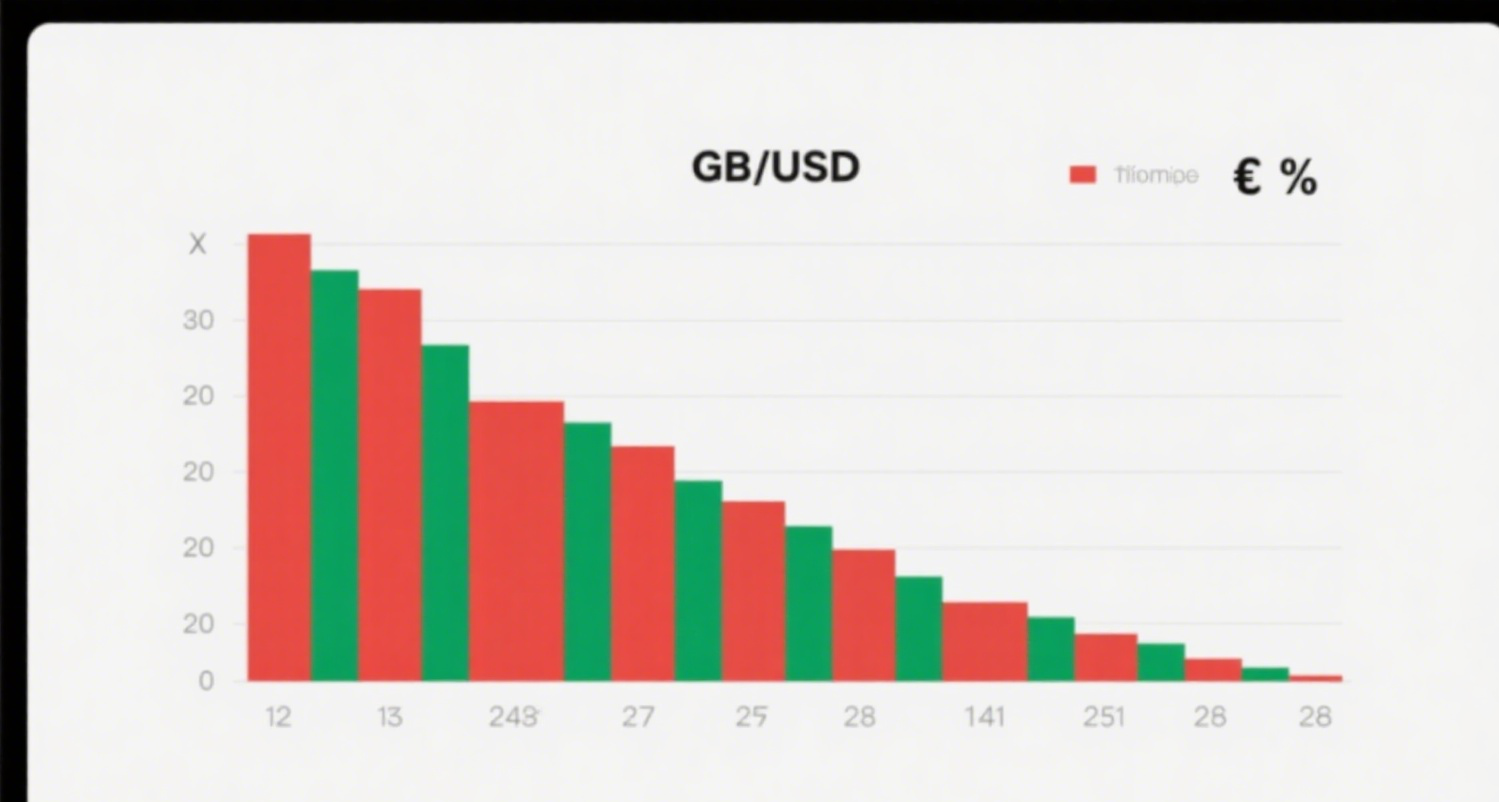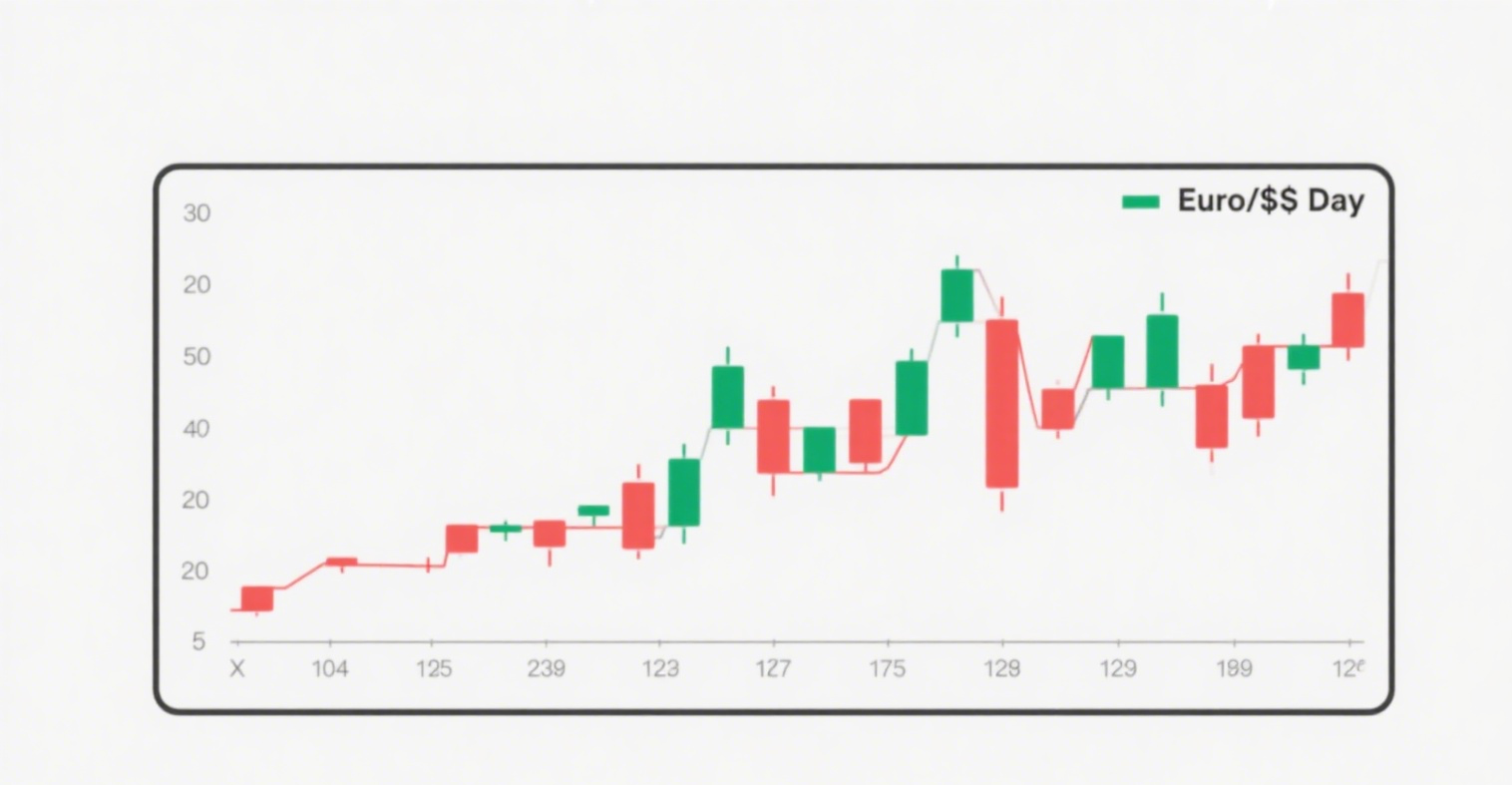
A Core Investment Framework: Good Business, Good Company, Good Price
Across the entire investment world, the greatest investors—whether value investors, growth investors, or trend investors—share similar paths to success. Without exception, these exceptional individuals possess: the ability to analyze macro industries (good business), the ability to dissect micro-level enterprises (good company), and the ability to control their own human nature, understand market sentiment, and analyze capital preferences (good price). Therefore, in my view, successful investing is not complicated—it boils down to three principles: good business, good company, and good price. Among these, "good price" is the key differentiator between average investors and great investors (i.e., the analysis of human nature, market, and capital).
The essence of investing lies in finding good businesses, good companies, and good prices. Thus, to make a successful investment, the "Three Goods" principle is indispensable. As long as a company meets the "Three Goods" criteria, it doesn’t matter which market it’s in, which sector it belongs to, what time it is, or even whether it’s a publicly listed company. Investors must not harbor biases; we must seek the essence of investing and not lose ourselves in the market. We must understand that although the market pendulum swings constantly, no swing can affect truly "Three Goods" companies. For excellent investors, there are only distinctions between good and bad macro industries, good and bad micro-level companies, and high or low valuations. Many people lack a proper investment framework and fail to grasp the essence of investing, yet they endlessly debate whether blue-chip stocks or growth stocks are superior. In the end, a good investment transcends categories.
Investing in China’s market requires even stronger resolve to adhere to the "Three Goods" investment framework. This is because the prevailing view now is: "No matter the method, making money is all that matters." This is a typical profit-centric, performance-driven mindset. With such values, it’s no surprise that the market is so frenzied—most retail investors engage in pseudo-investing, while funds obsess over net asset value, leading to herd behavior, chasing highs, and gambling. But this is clearly a deeply flawed mindset. In the long run, the market will inevitably correct itself. Making money the wrong way is worse than losing money the right way. Investing is never a flat sprint—it’s a vertical marathon of rock climbing. A surge in small-cap stocks doesn’t mean they’re reasonable, just as a plunge in blue-chip stocks doesn’t mean they’re trash. Although the market is often inefficient in the short term, we must not let this distort our values.
The market is filled with too many pseudo-investors whose analyses are superficial. They often favor a company based on a theme or concept without ever conducting detailed research—sometimes without even knowing the company’s core business. Yet, after years of being conditioned by China’s irrational market (where small-cap stocks with sky-high valuations kept rising while undervalued blue-chips kept falling), these "market-money makers" have come to see value investing as synonymous with losses.
But in reality, over the past few years, truly outstanding investors have stood firm and still made money. For example, during the liquidity crunch in June 2013, when the index fell below 1,850 points, some undervalued high-quality stocks were also hit hard—but this was also the best opportunity. As the saying goes: "The worst of times is also the best of times." While the entire market chased hot trends, some overlooked, high-potential, low-valuation stocks and high-quality, low-priced blue-chips traded at steep discounts due to lack of attention. Understanding that investing is about "earning a company’s money" is crucial.










